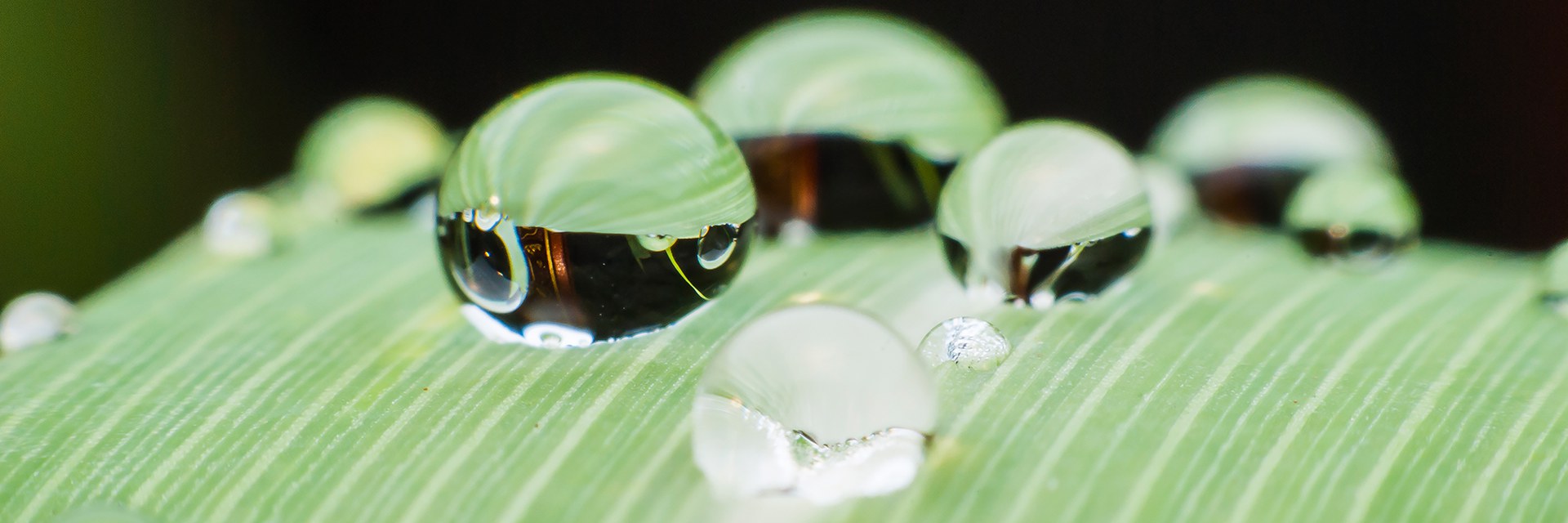
Okara Valorisation
Development of Sustainable Valorization Concept for Okara.
Okara is a by-product of soy milk and tofu production. In Switzerland, okara is mostly used as animal feed or anaerobically digested. In Southeast Asian countries, it often ends up as waste in landfills and leads to greenhouse gas emissions.
Okara has a high content of proteins, dietary fiber, lipids and isoflavones. Previous efforts to valorize okara as a material, in terms of the circular economy, have focused on individual ingredients and their extraction method to maximize yields while maintaining high quality. A holistic circular economy concept that valorizes multiple ingredients, the energy and the residues is still poorly explored for biogenic waste. The project aims to develop and evaluate a holistic valorization concept for Okara. The project develops and optimizes innovative extraction methods with subsequent recovery of energy and nutrients from the fractionated okara residues by anaerobic digestion and composting. Target fractions and extraction methods for the food industry include: Protein hydrolysates (enzyme-assisted extraction), oil (supercritical carbon dioxide), and cellulose nanofibers (mechanical homogenization and grinding).
The project is developing holistic, contextualized valorization concepts for Okara in the project countries of Thailand, Indonesia, Malaysia and Switzerland. Together with local soy milk and tofu producers, a sustainability and economic assessment of all investigated valorization processes and products is carried out in each case in order to develop and demonstrate the closed-loop concepts in a practical way.
Key figures
| Project duration: | 2023-2025 |
| Funding agency: | SNSF; Project Number: IZJFZ2_210886 |
